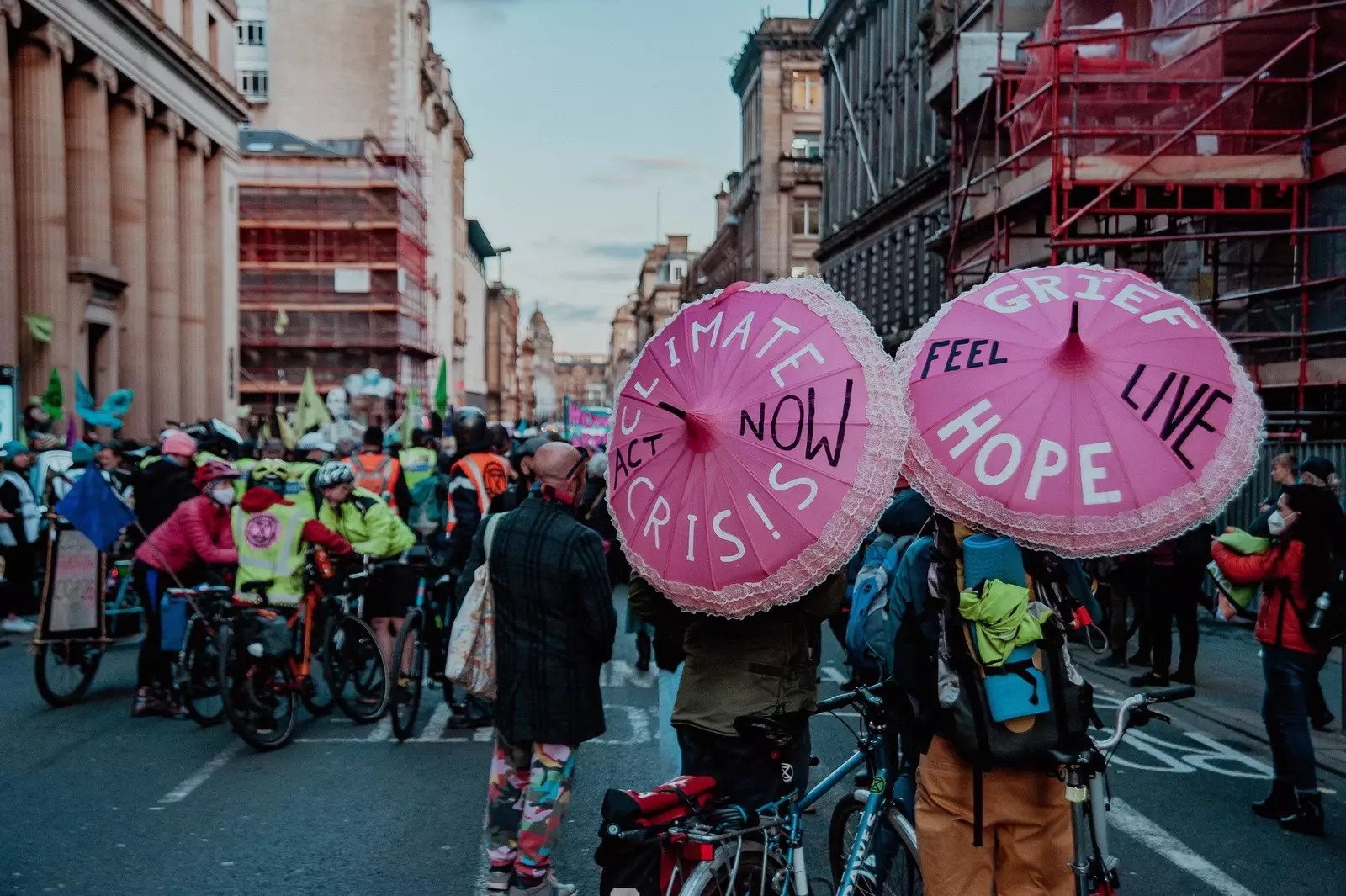‘Eco-shaming’ is on the rise, but does it work?

How are your green credentials? Unless they’re whiter than white, you may encounter a new phenomenon: ‘eco-shaming’.
With environmental activism on the rise this year as the consequences of climate change become all too clear, there’s a new trend to call out people who pollute the planet.
Take the use of plastic, for example. Single-use plastic bags are now recognized as a huge problem for the environment. Because they can’t be recycled, they end up in landfill – or find their way into the world’s oceans and are ingested by fish and, eventually, us.
Countries around the world are introducing ways to deal with the plastic problem. Rwanda has had a ban on plastic bags for more than a decade, while Canada has recently announced plans to ban single-use plastics by 2021, including grocery bags, plastic cutlery and straws.
But one grocery store owner in Vancouver came up with a cunning plan to discourage shoppers from using plastic bags.
Their groceries were placed in bags reading “Wart Ointment Wholesale”, “The Colon Care Co-Op” or “Into the Weird Adult Video Emporium”.
However, the idea slightly back-fired as people flocked to the grocery store paying the five-cent plastic bag penalty just to get their hands on the unique designs.

Shamed on social
When it comes to protecting the earth’s natural habitat, social media is playing its part.
Instagram posts are highlighting bad behaviour on America’s public lands. A post on an account of a woman holding a bouquet of uprooted poppies from a national park attracted caustic commentary, as well as investigations from the National Park Service.
An online petition was set up calling for Instagram and Facebook to “act immediately and implement a system allowing users to report violations that are both illegal and harmful to the environment”.
Whether the vigilantes on social media are altering the behaviour of those whose posts they shame remains to be seen, but one area where shaming appears to have worked is Swedish air travel.
Flight shaming
In Sweden, travellers are becoming more and more conscious of their carbon footprint. And they’ve invented a word to discourage people taking to the skies: “Flygskam” – which means flight shame.
Swedes are increasingly looking to travel in a way that is less harmful to the environment. The impact has been particularly felt on domestic flights, with passenger numbers down by 15% in April alone, compared with last year. In a recent survey, a quarter of Swedes said they had decided not to fly to save the planet.
And if they’re not flight shaming, the Swedes are train bragging. Swedish travellers took two million extra rail journeys last year. So yes, they have a special word for that, too: “Tagskryt” – and it’s widely used on social media by those who want to encourage others to do the same.
It would appear that there are areas where eco-shaming works and those where it doesn’t, but most agree that protecting the environment is becoming more urgent and needs action by everyone.






